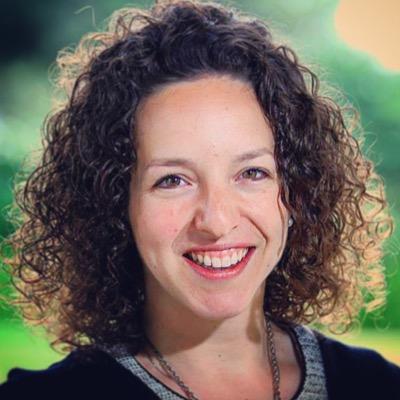
Technology is changing how we raise our kids, how we operate in the workplace, and how we manage our social lives. And while it helps many of us to be more productive, it threatens to leave many behind.
A recent analysis of 26 million job postings found that nearly half of all American jobs in the top quartile in pay require some coding skills. Unfortunately, with gaps in STEM (science, technology, engineering and math) education across the country, opportunity is out of reach for many.
In response, Capital One has made it a corporate mission to give students from all backgrounds, in all corners of America, an opportunity to learn and “get ahead” in the digital world.
Collaborating with educational institutions nationwide, the Capital One C1 Coders Program, part of the company’s Future Edge initiative, is helping students form a greater interest in the STEM fields during a critical developmental period: in sixth, seventh and eighth grades. The Future Edge Initiative dedicated $150 million to help Americans gain the digital skills they need in the 21st century. And the C1 Coders Program in particular is a hands-on, employee volunteer-led approach to giving young people the ability to prepare for tomorrow today.
For the past 10 weeks, 1,000 students across the country learned about software engineering and developed their own unique apps using MIT University’s App 2 Inventor. In effort to help its latest Fairfax County Public School cohort develop an even greater interest in the STEM fields, Capital One hosted a final presentation at its headquarters in McLean, Virginia, last week -- featuring a surprise presentation from neuroscientist and actress Mayim Bialik, star of "Blossom" and "Big Bang Theory."
I had the opportunity to speak with Bialik and Jen Manry, VP of technology at Capital One, to learn why this age is critical to STEM immersion and why C1’s program is unique in this space.
Bialik is personally involved in the C1 Coders Program because, as she said: “I not only play a scientist on TV, I’m one in real life as well. I have a PhD in Neuroscience from UCLA and I actually learned to code in college, but I do wish I would’ve learned it earlier.”
Obviously, Capital One is onto something in teaching digital skills to middle-schoolers while they’re impressionable. Bialik confesses that she never appreciated science until the age of 15, when she connected with a female biology mentor on the set of "Blossom." “I came late to the science world. But part of what I do in my spare time when I’m not acting is to do STEM advocacy and put a positive face, particularly a female face, on the field.”
The C1 Coders Program is now active in 20 schools across the country. Manry says Capital One is passionate about giving back to the communities in which it operates, and where its employees live and work. “We’re giving [students] great tutors and mentors … and a way to develop not only their technical skills but how they problem-solve and think together."
By educating the middle-schoolers in group work, Capital One is also emphasizing the soft skills that future jobs will require of them. “They’re going to have to have not only the technical skills to fulfill these roles that are coming into the future, but they also have to be really adept at working as a team and problem solving as a unit,” Manry said.
Bialik and Manry are also both mothers who believe STEM education should start at home, at a very young age, rather than be a skillset which needs “immersion” in a classroom or formal setting. “Being a parent is such a gift because, whether you’re a scientist or not, you get a [child’s] brain and it’s full of questions and is really so receptive to anything you could teach them,” Bialik told us.
At the graduation, Fairfax County Public School students demonstrated the apps they created during the Capital One C1 Coders Program, and competed for prizes in four categories: Best Application, Most User Friendly, Most Creative and Most Technical Application. Since its inception in 2014, over 2,500 students have participated and created 500 different mobile apps.
Bialik is also an author on attachment parenting and an advocate for gender equality in education. She closed our conversation by saying: “The curiosity of how a bridge works or how an apple falls from a tree is the same whether you’re a boy or girl. There’s no difference in the brain and how to understand that or think that that’s amazing.”
Images: Capital One

Marissa is the Owner of Climate Social, LLC. She holds a bachelor's degree in communications from Mizzou and a master's in environmental studies from UPenn.














